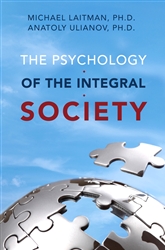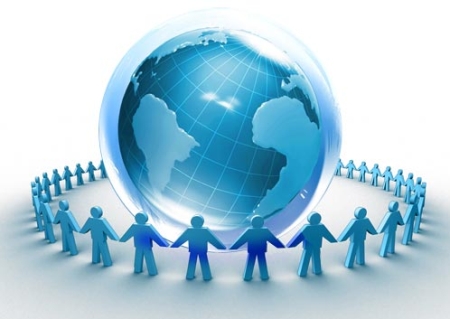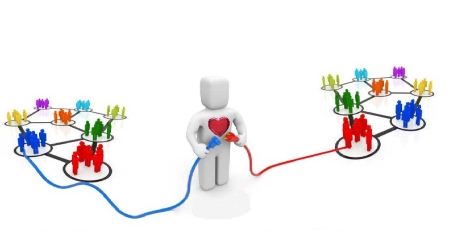
Dr. Anatoly Ulianov: Rules are very important in any game. Can you describe the rules of this global, integral game?
Dr. Michael Laitman: In technology there is a concept of an “integral, analog” system, where the entrance and exit are connected through the whole system and all of its parts are completely interconnected like cogwheels in a closed mechanism.
As we develop, the bond between us is becoming more and more rigid. In the past we were able to “slip through holes” in some way and attach our little wheels to one another only slightly. But today we are moving into a state where every person is necessarily spinning in a rigid clutch with others, thus determining whether humanity will move in a favorable or unfavorable direction.
Therefore, if we map out our lives less according to our egoism and in a more integrated manner, we would reach a common conclusion that it is necessary to create a joint system of governance, a world government that will unite all of our operations into a single system. That way we would achieve greater understanding of this integral system and would prevent many catastrophes.
We see the tremendous shifts occurring in the world today, such as the revolutions in the Near and Middle Eastern countries, and not only there. That is how a world government gradually forms. Life is forcing us toward it. But it would be better if everything happened in a more humane way and the approach toward that government would be more orderly.
Dr. Ulianov: If we suppose that man plays and acts by the laws of Nature, then who will be opposite to him?
Dr. Laitman: A corrected person is opposite to an egoist. First of all, it is necessary to act less egoistically.
Today any game of protectionism leads to horrible consequences. It’s as if you’re spinning the cogwheels in the opposite direction. This is first of all detrimental to yourself. That is why it is necessary to somehow stop this isolated, egoistic movement of every person in his own direction. The world has to be convinced that cooperation is necessary. And today we can do that.
What does this cooperation mean? We have to bring the whole world to follow the global decisions. But first let’s start by getting closer! Let’s imagine that there is no South America with its dictators, no Eastern rulers, no USA or Russia, no Europe, and no China with its exploding population, but we are all in one global, integral country. Today we have the power to do that because we depend on each other economically, politically, and especially for provision of raw materials. We can reach that state of cooperation, and then involve the game element.
The above points were taken from the book The Psychology of the Integral Society by Dr. Michael Laitman and Dr. Anatoly Ulianov. Also available as eBook (PDF, Kindle & ePub formats).




